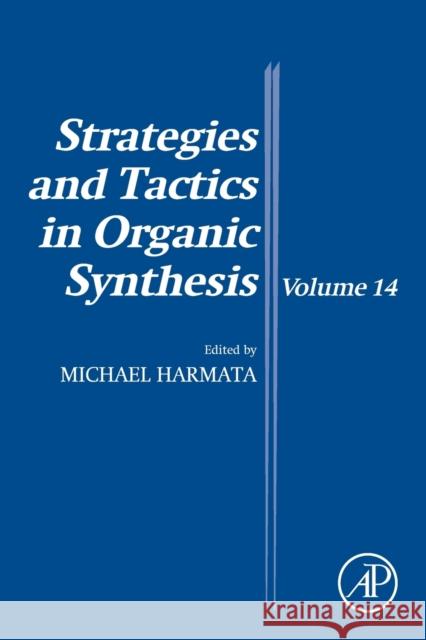Strategies and Tactics in Organic Synthesis: Volume 14 » książka
topmenu
Strategies and Tactics in Organic Synthesis: Volume 14
ISBN-13: 9780128148051 / Angielski / Miękka / 2019 / 350 str.
Kategorie:
Kategorie BISAC:
Wydawca:
Academic Press
Seria wydawnicza:
Język:
Angielski
ISBN-13:
9780128148051
Rok wydania:
2019
Numer serii:
000318375
Ilość stron:
350
Waga:
0.47 kg
Wymiary:
22.86 x 15.24 x 1.85
Oprawa:
Miękka
Wolumenów:
01











